Traveling Botswana: Expert Tips for Exploring Its Untamed Wildlife and Cultural Wonders
Botswana, a mesmerizing land tucked in southern Africa, is a traveller’s dream. Its expansive landscapes, abundant wildlife, and deeply rooted cultural traditions make it one of the most sought-after destinations for adventurers and nature enthusiasts alike. If you’re dreaming of an unforgettable journey marked by untamed wilderness and authentic African spirit, then exploring Botswana is worth every moment. From the thundering waters of the Okavango Delta to the rich heritage of its people, Botswana offers experiences that leave you awe-struck.
Keep reading to discover expert tips that will elevate your trip to Botswana. We’ll cover everything, from witnessing its incredible wildlife spectacle to understanding its unique traditions. Whether you’re a first-time visitor or a seasoned globetrotter, this guide is packed with actionable insights to plan your journey effectively.
Why Visit Botswana?
Botswana isn’t just a destination—it’s an experience. Here’s why you should make it your next stop:
- Pristine Wilderness: Botswana has positioned itself as a leader in sustainable tourism, prioritising ecological preservation. This ensures you’ll experience nature in its most unspoiled form.
- Wildlife Haven: Offering free-roaming animals in their natural habitat, Botswana is home to some of the most remarkable wildlife sightings in Africa. Think elephant herds crossing rivers, lions lazing in the savanna, and giraffes silhouetted against golden sunsets.
- Rich Culture: Beyond its remarkable plains and rivers lies a cultural depth, with over 2 million people forming an extraordinary tapestry of traditions, languages, and histories.
- Exclusivity: With policies focusing on low-impact, high-value tourism, Botswana provides an intimate safari experience far removed from crowded tour groups.
Best Time to Visit Botswana
Timing plays a significant role in making the most of your Botswana adventure. Here’s an overview of seasons and optimal windows for travel:
The Dry Season (May to October)
If spotting wildlife tops your list, plan your visit between May and October. During this time:
- Large congregations of animals can be seen around water sources as the terrain becomes arid.
- October is especially hot but ideal for dramatic wildlife encounters in areas like Chobe National Park.
The Green Season (November to April)
Looking for lush, vibrant landscapes? The rainy season is perfect.
- December through March sees fewer tourists, which means it’s less crowded and more affordable.
- Birdwatching is at its peak, with migratory species colouring the skies.
Each season offers its charm, so your choice should reflect your primary interests—wildlife, scenery, or both!
How to Get to Botswana
Botswana is well-connected, making it relatively easy to access despite its wild reputation. Here’s how most travellers reach this gem:
-
By Air
The quickest way to get into Botswana is by flying into Sir Seretse Khama International Airport in Gaborone (its capital), or Maun Airport, the gateway to the Okavango Delta. International flights often connect via South Africa. - Overland
Planning to combine Botswana with neighbouring countries? Overland travel is popular from South Africa, Zimbabwe, or Namibia. Make sure you check visa requirements, though, as these vary depending on your nationality.
Experiencing Botswana’s Untamed Wildlife
Botswana is a playground for wildlife enthusiasts. The crown jewel of the country’s attractions revolves around its pristine ecosystems and biodiversity hotspots. Here’s how to explore them like a pro.
1. The Okavango Delta: A Water Safari Like No Other
A UNESCO World Heritage site, the Okavango Delta is undoubtedly one of Botswana’s defining features.
- What Makes It Special: Seasonal floods transform the delta into a labyrinth of waterways teeming with wildlife like hippos, elephants, crocodiles, and exotic bird species.
- Expert Tip: Hop aboard a traditional mokoro (dugout canoe) for an intimate water safari or stay in a luxury tented camp for immersive experiences.
2. Chobe National Park: The Elephant Capital
Renowned for its population of over 50,000 elephants, Chobe offers game drives and riveting boat cruises.
- Why It Stands Out: The Chobe River sees animals congregating en masse for water. Capture herds of elephants crossing the river, their reflection glittering in golden hues during sunset safaris.
- Best Time to Visit: Visit during the dry season when animals gather by the riverbanks.
3. The Kalahari Desert: A Hidden Gem
Contrary to the bustle of Chobe or the Delta, the Central Kalahari Game Reserve offers a stark yet stunningly serene experience.
- Unique Traits: Witness black-maned lions, meerkats, and desert-adapted wildlife traversing endless sands.
- Fun Fact: The Kalahari’s stargazing opportunities are unmatched given its cloudless skies and lack of light pollution.
4. Moremi Game Reserve: A Photographer’s Paradise
Located within the Okavango Delta, Moremi is characterised by diverse landscapes ranging from woodlands to lagoons.
- Wildlife Highlights: Expect to see leopards, wild dogs, and over 400 bird species.
- Travel Insight: Combine guided walking safaris with game drives for a well-rounded experience.
Pro Tip: Book safari tours through reputable operators like Nihosi Travels & Tours (www.nihositravels.com) for seamless experiences with knowledgeable guides.
Immersing Yourself in Botswana’s Cultural Landscape
While Botswana’s wilderness might steal the headlines, the country’s cultural richness deserves equal admiration. Here’s how to dive into the heart of its traditions and people:
1. Connect with the San Bushmen
The San bushmen are among southern Africa’s earliest inhabitants, holding profound knowledge about the land’s ecosystems and survival techniques.
- Activities: Learn skills like tracking, storytelling, and fire-making during interactive engagements.
- Where: The Kalahari Desert is the primary area where you can meet San communities.
2. Explore Local Villages
Rural villages in Botswana give you a glimpse of life unaffected by urbanisation. Consider visiting Serowe, one of the country’s largest villages, known for its historical significance and breathtaking landscapes.
3. Experience Tribal Music & Dance
Botswana’s traditional music incorporates harmonisation, percussion, and storytelling. Catch performances where locals demonstrate dances like the Setapa or Borankana.
Travel Tips to Keep in Mind
- Stay Hydrated & Dress Appropriately: Botswana can get hot, especially during the dry season.
- Travel Insurance: Safaris often include remote areas where health facilities are sparse, so comprehensive travel insurance is essential.
- Health Precautions: Check for vaccination requirements and take precautions against malaria if visiting areas like the Delta or Chobe.
- Respect Cultural Norms: Botswana’s people take pride in their heritage—be courteous and avoid entering sacred spaces without permission.
Sustainable Travel in Botswana
Botswana is renowned globally for its sustainable tourism policies. To travel responsibly:
- Choose eco-friendly lodges and camps that give back to the local community.
- Limit your waste and avoid single-use plastics on safaris.
- Support local artisans by purchasing handmade souvenirs.
Packing Checklist for Your Botswana Adventure
Here’s a quick guide to what you’ll need:
- Lightweight, neutral-coloured clothing for safaris.
- Binoculars for spotting far-off game.
- A camera capable of handling long-range shots.
- Insect repellent for evenings.
- Travel adapter (Botswana uses Type D/G plugs).
FAQs About Visiting Botswana
Below are some common queries to help you plan:
1. Is Botswana Safe for Tourists?
Absolutely. Botswana is one of the safest countries in Africa with a low crime rate, though it’s always wise to take general precautions.
2. What Currency Does Botswana Use?
The currency is the Botswana Pula (BWP). Major credit cards are accepted in key tourist areas, but cash is recommended for rural visits.
3. Do I Need a Visa for Botswana?
Visa policies differ by nationality, so check with the nearest Botswana consulate.
Final Thoughts
Exploring Botswana isn’t just another travel escapade—it’s a passage into nature’s heart and humanity’s soul. Whether you’re navigating the serene waters of the Okavango or sharing stories with the San people, every moment leaves you richer. For a personalised experience tailored to your interests, consider booking through trusted operators like Nihosi Travels & Tours.
Start planning your Botswana adventure today—because the wilderness awaits.

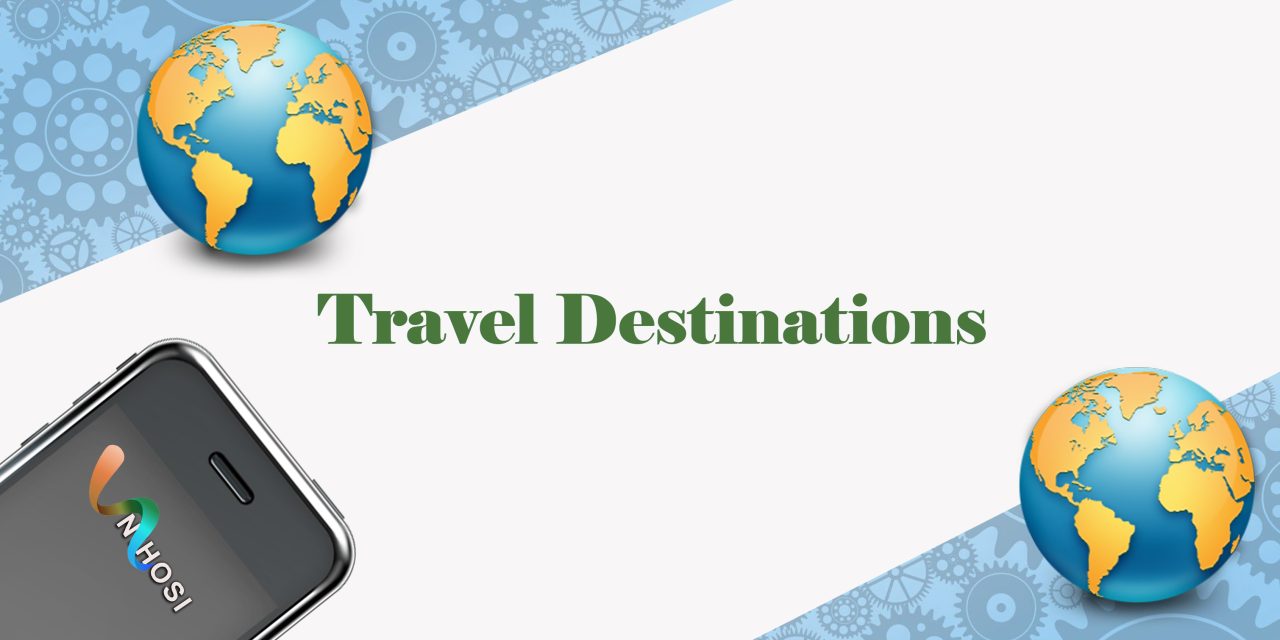

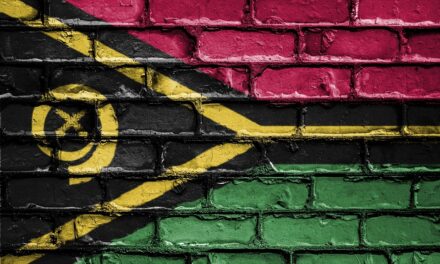
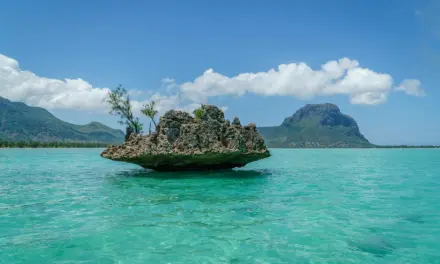
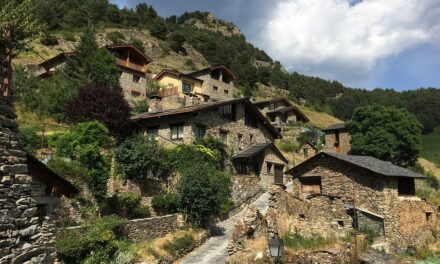



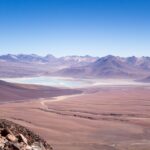

Subscribe To Our Newsletter
Join our mailing list to receive the latest news and updates from our team.
You have Successfully Subscribed!